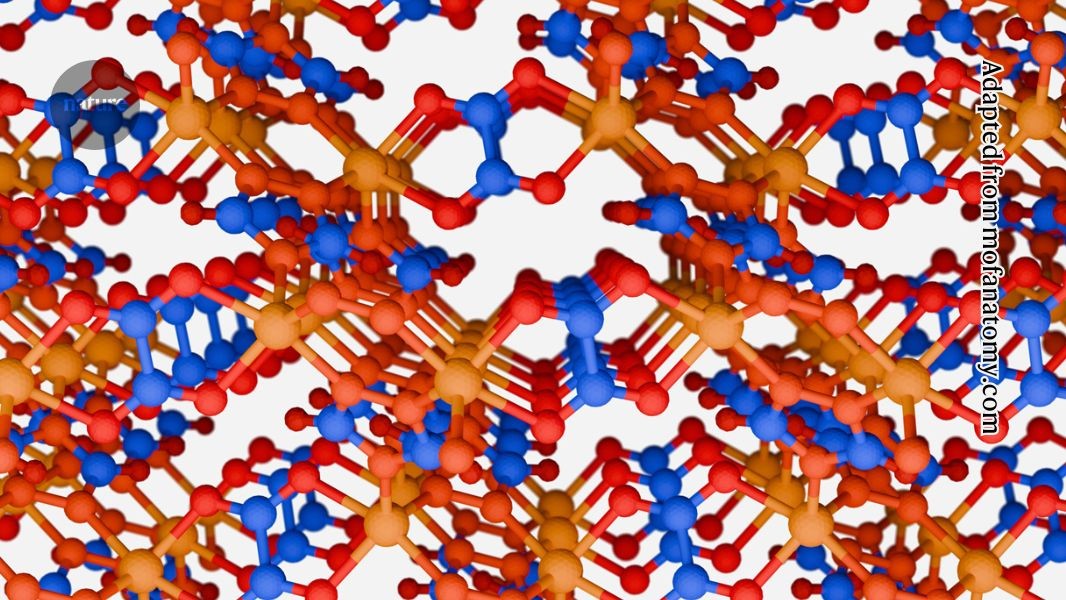
"MOFs are structured like molecular scaffolding, containing vast caverns of internal space - they are the world's most porous solid materials. One gram of MOF powder can have an internal surface area the size of a football field."
"Over the past three decades, research chemists have created more than 100,000 MOF varieties in the laboratory, and have tested the powders' capacity to store gases, act as catalysts, trap toxic chemicals from water and deliver drugs."
"Svante is using MOFs and COFs for carbon capture, with one MOF currently being made on the tonne scale for its factory."
"The market for MOFs could grow 30-fold over the next decade, from $3 billion, indicating significant commercial potential."
A factory named Redwood opened in Burnaby, Canada, with a $150-million investment to produce filters that capture CO2. Operated by Svante Technologies, it plans to create enough filters for capturing 10 million tonnes of CO2 yearly. The facility marks a commercial breakthrough for metal-organic frameworks (MOFs), which have been of great academic interest but struggled to find industrial applications. MOFs possess vast internal spaces and have seen over 100,000 varieties created, with potential uses in gas storage, catalysis, and water purification. The market for MOFs is projected to grow substantially over the next decade.
Read at Nature
Unable to calculate read time
Collection
[
|
...
]